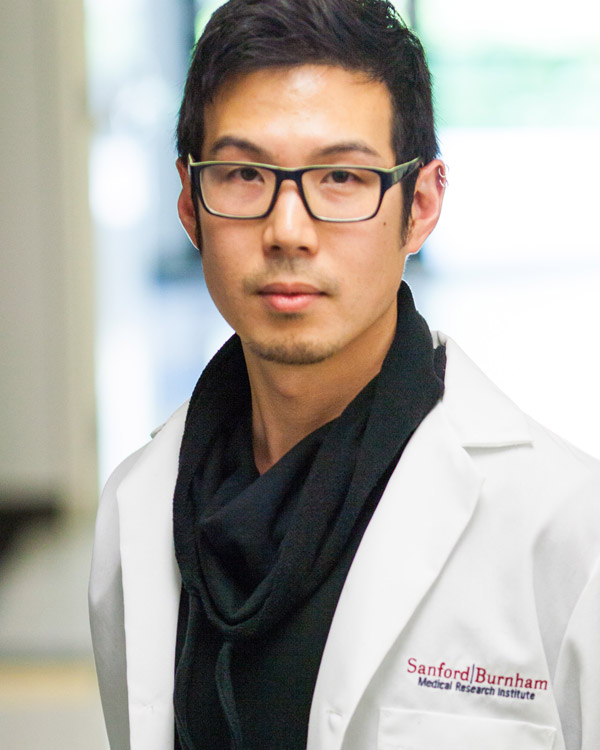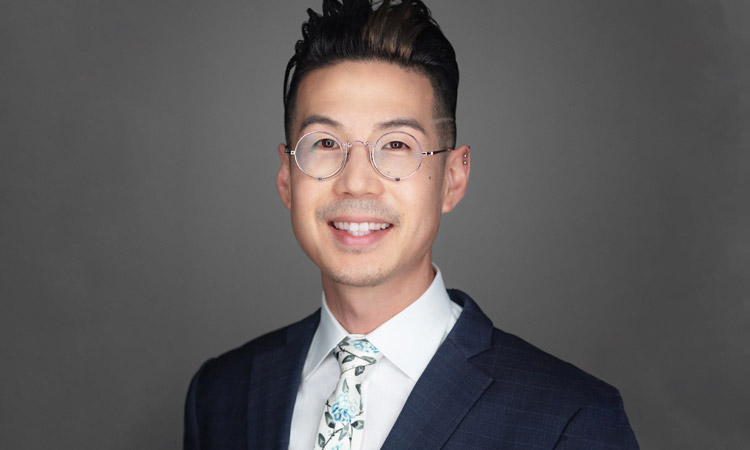The laboratory, with its precise protocols and sterile tools, seems far removed from the often discordant chaos of U.S. society. But science does not happen in a socio-political vacuum, says Eric Lau, PhD, a former student and postdoc at Sanford Burnham Prebys, and research institutions shouldn’t pretend otherwise.
Writing in Nature Reviews Cancer, Lau, now an Assistant Professor in the Department of Tumor Microenvironment & Metastasis at the Moffitt Cancer Center & Research Institute in Tampa, Fl., calls for scientific institutions to become proactive against discrimination and to speak out against oppression while prioritizing diversity, equity and inclusion.
In a deeply personal essay, Lau chronicles his personal struggles to overcome both xenophobia and the “delusional and detrimental model minority myth” of Asian-American kids, plus persistent homophobia and hate-mongering.
Science and the relationships formed with mentors, such as Kristiina Vuori, Wei Jiang, Robert Abraham, Gen-Sheng Feng and Ze’ev Ronai, as well as a handful of close colleagues at Sanford Burnham Prebys, were life- and career-affirming, he said, “but sadly all too rarely seen in the broader world.”
“Our nation claims to celebrate diversity and immigration….Yet racism and xenophobia are being amplified by governors who viciously traffic vulnerable migrants to other states and by Supreme Court justices who eviscerate affirmative action and approve anti-LGBT+ discrimination,” Lau writes.
“As much as most researchers might prefer to ‘just focus on the science,’ we cannot expect our teams to produce the best science if we turn a blind eye to those being discriminated or the discriminators.”
Willful ignorance and complacency are not options.

Lau says research institutions can and should take actions to mitigate the socio-political adversity that burdens their team members. Leadership cannot be performative—rather, it must be substantive, transparent and persistent. DEI programs must be built to produce intended results, with zero-tolerance for discrimination.
Lau concludes with a version of Martin Niemoller’s poem “First they came,” written in 1946 about the silence of German intellectuals and clergy (including Niemoller) during the rise of Nazism.
First they came for the socialists, and I did not speak out—
Because I was not a socialist.
Then they came for the trade unionists, and I did not speak out—
Because I was not a trade unionist.
Then they came for the Jews, and I did not speak out—
Because I was not a Jew.
Then they came for me—and there was no one left to speak for me.
Scientists, says Lau, must speak up and often.
For themselves.
For others.
For everyone.
